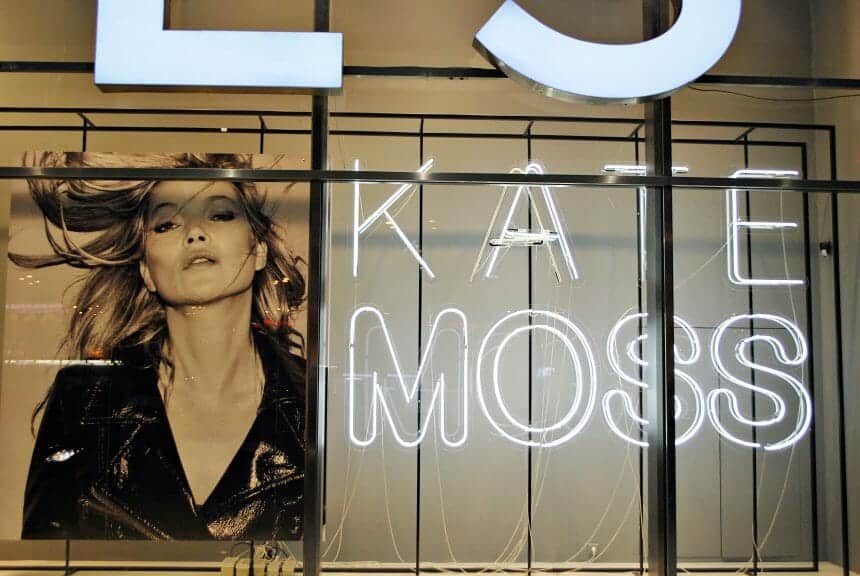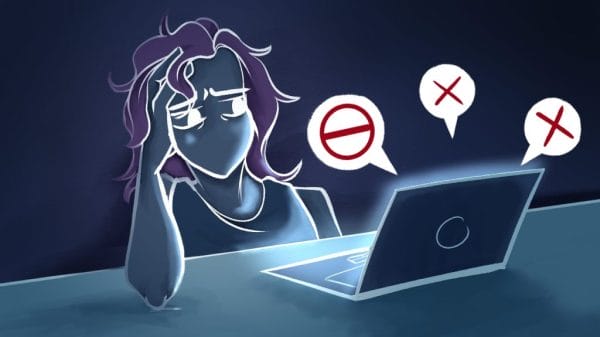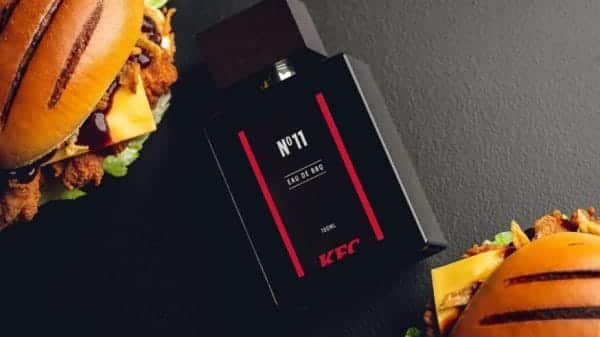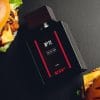Bodychecking and Thinspo have resurfaced just in time to combat any progress the body positivity movement was making. While most of us realize that the promotion of ‘thin’ is dangerous, TikTok influencers haven’t got the memo that all bodies are beautiful.
I thought we were taking a step away from the damage to our body image from the 90s to the 2010s. I was wrong. Despite the mass research that shows that ‘bodychecking’ and ‘thinspo’ content can lead to the development of eating disorders, some creators don’t seem to care. They certainly aren’t stopping anytime soon!

What is ‘Bodychecking’?
Bodychecking occurs both on and offline. It involves seeking out information about your body. In particular, whether you are ‘fat’ or ‘skinny.’ Healthline indicates that actions like weighing yourself, looking at your body from different angles, and analyzing your body in certain clothes all contribute to bodychecking behavior.
Offline it often looks like constant mirror checking. While taking an interest in your appearance is not inherently harmful, the issue arises when these actions are done obsessively. These are often accompanied by the feeling that you should look different. Many of us are already hyper-aware of our bodies with the pressures of trying to fit into what society deems as attractive. Becoming obsessed with your appearance is very easy.
So if bodychecking is already happening offline, why does it matter that it is happening online? Bodychecking offline is due to the external pressures of the media. It only hurts us as individuals. It is a symptom of beauty standards’ destructive nature. Online, however, is a different ball game. Creators will deliberately draw attention to the size and shape of their bodies to show off their thinness. By emphasizing thin as beautiful, these creators perpetuate dangerous body standards.
Bodychecking, however, is not a new idea. It had been around for years, being particularly influential in the 2010s. During these times, it was popular on Tumblr and Instagram before TikTok existed. Users would pose in a particular way to show off a thigh gap. This bodychecking content was consumed mainly by Millennials and Gen Z. While most of Gen Z wasn’t old enough to contribute to these trends, ten years on, it is Gen Z who have moved bodychecking over to TikTok. The bodychecking hashtag reached 5.5 million views on the platform before it was removed.
What is ‘Thinspo’?
‘Thinspo’, short for ‘thinspiration,’ involves (as expected) the promotion of very skinny bodies. Much like ‘bodychecking,’ it is a trend that started in the 2010s and has been gaining traction again today. TikTok filters only make this trend all the more concerning. Filters are now readily accessible and very convincing. Creators can make themselves appear far slimmer than they are and sell an unachievable idea of ‘beauty.’
Thinspo, like bodychecking, can be construed as pro-anorexia. Beat has raised serious and valid concerns over the use of these trends. Stating that it is ‘dangerous to those who may be vulnerable to developing an eating disorder, or who are already ill. It can make people feel more negative about themselves and stir up damaging feelings of competitiveness’. Beat clarifies that these trends are immensely damaging.
Why are these hashtags banned?
I don’t think it takes a genius to see that these hashtags are banned because of their detrimental effect on everyone: both those participating in the trend and those who view it.
If you search either ‘bodychecking’ or ‘thinspo’ on TikTok, you are immediately directed to a page stating, ‘You’re not alone. If you or someone you know is struggling, help is always available.’ The page links resources such as the information needed to access Beat.
These hashtags form part of a pro-anorexia campaign creeping back into the media lately. Videos found under these hashtags before the ban included ways to lose weight fast. These trends gained massive traction very fast.
Beat makes the point, however, that people posting this kind of content are not necessarily deliberately malicious. They aren’t deliberately encouraging people to develop or continue having eating disorders. Instead, as Beat suggests, many people posting this kind of content are struggling with EDs themselves.
Sadly creators like this are no less detrimental. They are still perpetuating the problems that they are struggling with. It is heartbreaking on many levels, and I genuinely wish these creators get the help they need.

How much will the ban help?
Body positivity influencer Grace Tutty (@gracetutty) explained that in March 2020, the TikTok algorithm pushed ‘thinspo’ and ‘what I eat in a day’ videos. For her, it ‘fuelled my body image issues and caused me to suffer with eating issues during the first lockdown’. While she is grateful that TikTok is banning certain hashtags, she still thinks they have a long way to go with their algorithm: ‘when one hashtag is banned, another replaces it’.
In many videos promoting the words ‘thinspo’, ‘bodychecking’, or ‘eating disorder’ is never mentioned. The hashtags are constantly changing but cover the same content: instead of #eatingdisorder, #edsheeran____ is now used. The comments contain advice on how to lose weight fast, encourage others to do the same, and romanticize eating disorders.
Grace managed to break the cycle by blocking any video linking to ‘thinspo’ and following amazing women like Olivia Kirkby and Anna Paul instead. She aims to post videos about body positivity to filter out some harmful content, ensuring that young girls don’t have to suffer as she did.
You might not want to be a body-positivity creator like Grace, but we can help make TikTok safer. Small steps like blocking and reporting dangerous content can go a long way. With steps like these and wonderful creators like Grace, ‘thinspo’ and ‘bodychecking’ will be a thing of the past. TikTok will no longer promote pro-ana campaigns.














